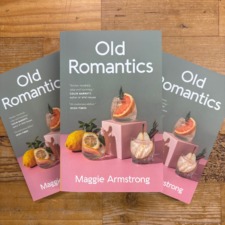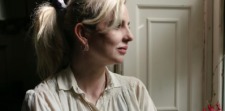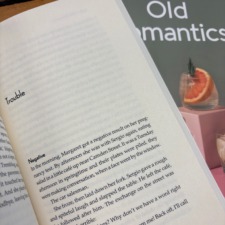The Bibliophile: Two Nice People
It’s Short Story Month, and we’re celebrating with one of the excellent stories from the recent linked collection Old Romantics by Maggie Armstrong. For those who missed it, our managing editor Vanessa wrote an unbeatable introduction to the book in an earlier post, which accompanies an interview between Maggie and publicist Ahmed well worth checking out, so I shall simply say we hope you enjoy this slice of Old Romantics’ arresting charm.
Ashley Van Elswyk
Editorial Assistant
*
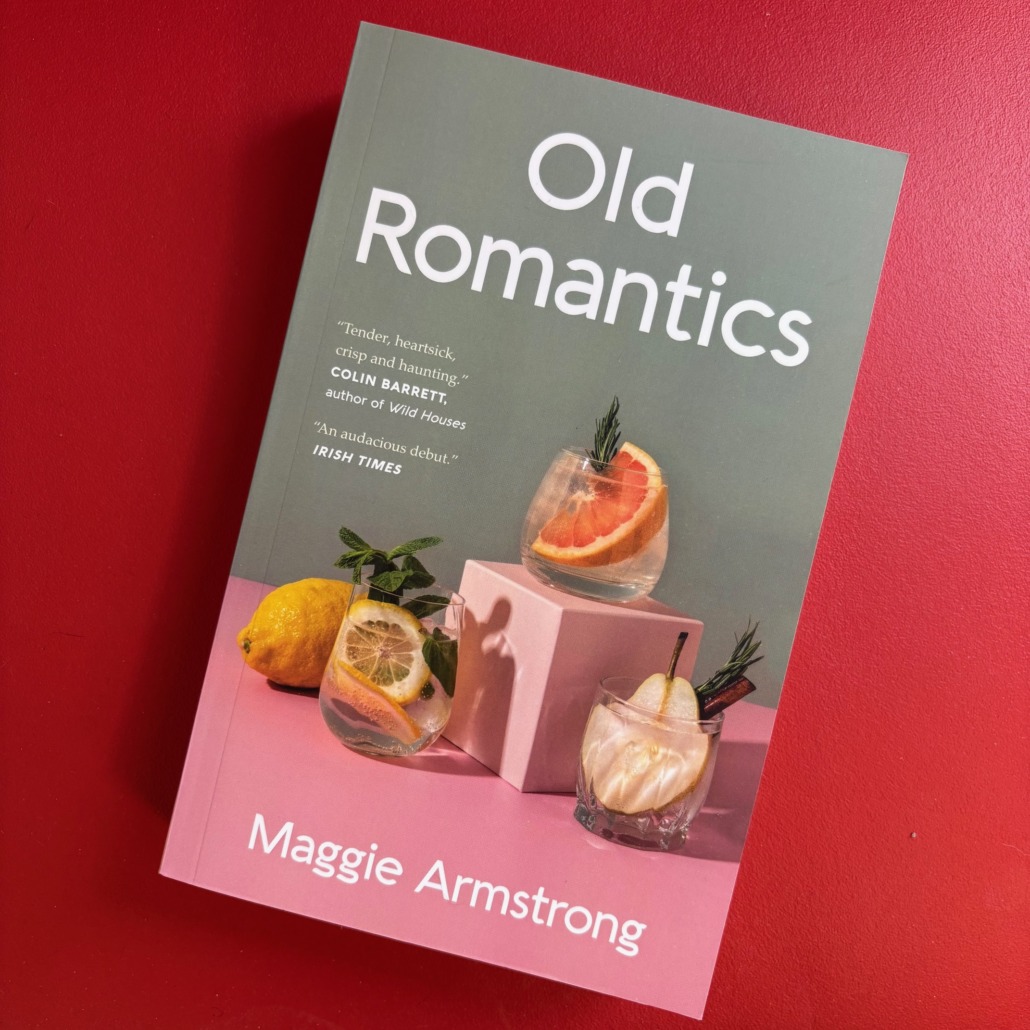
Two Nice People
I was burying my little boy in sand when the policeman came right up to us. He cut out the sea and sky and I thought, what have I done now?
‘Hello there,’ he said, bending to our level. He was a shiny, compact kind of man, got up in hi-vis, shell tracksuit bottoms, sporty trainers; his summer uniform, I guessed. He didn’t wear the hat, but I knew from the badges on his arms and chest.
‘How are things here now don’t worry—because these days with everything people might see a policeman and think, Oh, I’m in trouble or something.’
‘Heh—no.’ I sat up straight and folded up my legs in such a way that he would not see any pubic hair. My swimming togs were very old and didn’t fit me properly. How many of them were here this time? I looked around but it was just this one policeman. ‘I’m Sergeant Pat Hourican,’ he was saying. Or Houlihan? O’Halloran? I didn’t really want to know his name.
‘I’m on duty up at the station on the main drag. And—hello there? This is your little fella?’
We both looked at the boy, buried to the waist. He was patting, imperiously, the sand around his body. Sand had got in everywhere, into his hair, his ears, eyebrows, nostrils. Once he noticed we were watching him he broke away and walked up to the dune to pick up stones and things. His only piece of clothing was a UV tank top with clouds and rainbows on it, and his little ass was coated in wet sand.
‘We’re obviously contented anyway, ha,’ the policeman said. He looked at me again. ‘Now, it’s a hot day, and very crowded out here.’ His eyes were bright like candle flames; his nose and cheeks were sunburned, as if all he did was patrol beaches.
‘Are ye visitors to the area, or . . . ?’
‘Yes. I come here all the time, I grew up here. We’re not just on holidays.’ I wanted to convey my separateness out here, and the policeman nodded; he understood.
‘I hear you, not exactly blow-ins.’ He edged closer on a taut calf muscle. ‘So. I just had a call there at the station, and I came to check if you were alright.’
‘Oh!’ Somebody came, I thought.
‘A call from a gentleman you may have met on the beach today.’
A gentleman. I couldn’t think of any gentleman.
‘A man who was a little bit concerned.’
‘Oh dear.’
The policeman nodded regretfully. ‘About the two of ye here, yes.’
‘Oh.’
The policeman looked inside me now, and I felt very peculiar, very bad, like I was being poisoned by my own friends. The boy was busy, collecting shells, seaweed, bits of rope and other debris. I saw the sleepy crowds, the tide, white horses, shimmering sea. Our patch of things. Mangled towels, opened suncream, sand-coated flask. Lunchbox, no lid; chocolate-smeared Wagon Wheel wrappers, one filled with a sand pie. In the game, you had to eat the sand pie and be sick. But I hadn’t played the game this time. Why had I not played the game this time? My book, a classic love story I was keen to finish and have read, was discarded, face down on its pages.
‘I’m sorry to have disturbed you, but I’m just responding to the call,’ the policeman went on. ‘So I hope it’s OK if I have a word with you here, ask a few questions. Just to find out what the story is.’
He took a pad of paper from a pocket in his jacket and he gave me a gallant little nod.
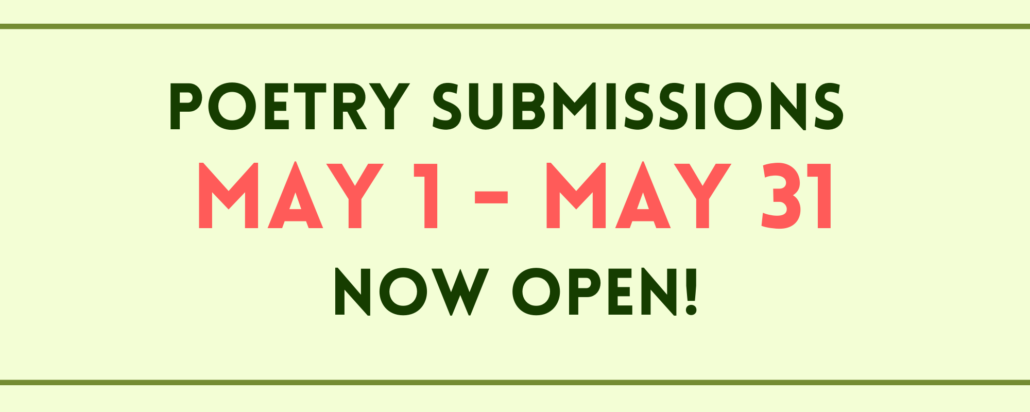
It was a half-truth, that I grew up here. We used to come here on our holidays, to a farm along an avenue where sheepdogs leapt, blackberries clustered in the briars, and bright-green cow-dotted fields, hiding flat white mushrooms, led right down to the rocky shore, and to the sea; and on hazy afternoons straw bales were tossed by the farmer onto trailers and the air was thick with pollen and wild perfumes.
The previous winter, I’d ended up very suddenly alone with my small son. Now it was time for freedom, time to be seen—maybe to be given some reward for tough endurance. Always I felt owed some happy time, some crock of gold, had no doubt but that it awaited us. The Airbnb, a bedroom and kitchenette, was clean and tasteful, and the farm just up the road looked much the same as I’d remembered it. They let us pick eggs and give a carrot to the horse. The weather was incredible, in fact it was a dangerous heatwave, with red warnings on the news. Every day we dragged ourselves into the car, and to the beach to cool off in the sea.
Today was the hottest day. In France, that week, four people died, and two in Spain. Here, people went around in a daze.
Up on the cliffs, the cars were sprawling from the car park onto the road and grass and golf links. The bins were overflowing, and long drooping queues of colourfully dressed families trailed from the Mr Whippy and chip vans. CAUTION, BEWARE OF BEING CUT OFF BY INCOMING TIDES, the sign read. We parked in a ditch and, holding hands, climbed the steep path down the cliffside to the beach. A sign said: DANGER, SUDDEN DROP BELOW.
On trips alone with my small son, to a beach or park, on planes or train journeys, I used to go up close to other families or friendly looking people. I had a beady eye for friendship on these traipses, for that gleam of openness and understanding that just might lead to company. At this beach, I pulled the boy around, checking faces under hats until we found a spot. It was a whole extended family. Mums, dads, aunts, uncles and kids, passing around crisp packets and soft drinks. The women stretched out on towels, the dads having conversations looking straight ahead of them, out to sea, the boys throwing a ball or digging a moat. They had castle moulds, pirate ships, sticky rackets, balls, snorkels—and we hadn’t thought of bringing any beach toys. I placed our bags in their periphery.
DANGER, COLLAPSING SAND DUNES. CAUTION, INCOMING TIDES. I unrolled our towels, shook the sand away. I set out the boy’s lunchbox: a peanut-butter sandwich sliced in triangles; four apple quarters turning brown; two Wagon Wheels, both already melted in their packets. And his turquoise water flask, decorated with pink octopi. The flask was stainless steel and the lunchbox bamboo, so—doing everything the right way here.
We had absolutely everything we needed. I looked around for something missing, something to stoke my anxiety, nothing came to mind. I got hold of him, coated him with Factor 50, put his cap on, stretched his limbs into his swimming trunks and rainbow top. He took his swimming trunks back off again, and sat down to play. He took his cap off, threw it away. Sun lit up his golden hair, and the shadows of his long eyelashes swept his face in lavish streaks.
I took out my paperback and looked for my page. I had forgotten water. His flask was full, but none for me. I looked up at the cliff, and the distance made my mouth feel dry. I lay back under the burning sun. You can’t have everything. I reached for his flask, but he got to it first.
Carefully, the boy unscrewed the flask, looked inside it, then tipped it upside down into the sand. He shook it hard to empty out the last few drops, then buried all the water, squatting right into his ankles. I unstuck my tongue from the roof of my mouth and pulled myself to standing.
‘Come on.’ I took his hand. The tide was so far out it took forever, pebbles pushing at our heels, before we reached the water. We waded out and farther out. The sea was shallow, murky, strewn with seaweed and dead crabs. We went a little deeper, then with his arms around my neck and his legs around my body we plunged in. The waves surged and tossed him up and down and he broke away, gasping, flapping his arms and kicking his legs until he was completely separate from me, gulping and spitting seawater, laughing, showing every tooth inside his gums. I’ve never had the strength to test it, but it seems there is no limit to the fun this boy is capable of having. He snips up cables, opens teddies with a joyfulness he shouldn’t be deprived of. Sometimes he bursts out laughing in his sleep.
There is not much to report about the day now that I’ve sat down to try. The sun shone, birds called; I worried about the sun, about sunburn, I worried that I didn’t worry half as much as someone should. I worried about all the wrong things. The group beside us, they knew how to live—their bored and diligently playing children, a woman drinking Diet Coke, reading from her phone, on her back a tattoo of a bat with its wings spread.
He was running up and down, playing in the water of a little stream that trickled from the cliffs into the sea. It occurred to me that I should put his cap back on, and his swimming trunks. The sun shone down, and I turned from right to left to let it cook me on both sides. I felt its hot rays cutting through the parting on my scalp. Fizzy drink, I thought. Iced lemonade. Cold beer. Ice cubes. Cold glass of water.
The men, arms draped around knees, had their conversations. Talked of these extremes in temperature. Of boats at sea—or county councils. Planning applications, objections to the plans. They talked about the schools, they talked about the coaching—the hoops you had to go through. Most likely all of that. One had dark hair. I moved along the towel to get a closer look. He had a beard. He had a beard and yet—the face. Easy-going—small, hooked nose, cheeks stretched now, dark impressive beard—eyes that seemed sad, or just afraid. He was heavier now, but distinguished, by the beard, kind of—time had passed, but he’d remember me as well. I’d already pulled myself to sitting and was clambering forwards on the sand.
‘Excuse me? Hi?’
They turned to look at me.
‘Hi. Did you study Arts in UCD? Ten years ago—no, fifteen.’
The bearded man leaned back. His friend or brother glanced from me to him, the bearded man pointed at himself but I knew already. His face, up close, distorted into someone else’s.
‘Sorry,’ he said, looking at his friend or brother. ‘We’re from—!’ The name of a town. I hadn’t heard of it. His friendly Northern accent forgave everything. They laughed it away. I laughed back, and they turned back to face the sea. The boy at his marsh of sand, pouring in the seawater, mixing up his elements. Running to and fro in an ecstatic hurry.
I held up the book to block the sun, checking on him with one eye. My novel was insufferably long and heavy in my hand. I’d been reading this one for about four years, even though it was a classic and a bestseller. The book jacket, its technicolour drawing of a frightened woman running from a burning house, had come apart from being
carried around. I’d seen the Netflix adaptation, so the story held no mystery anymore, I knew who murdered who and why they did it, knew there was a shipwreck coming, two shipwrecks, that in the end a human skeleton would be fished out of the bottom of the sea.
I read a paragraph from start to finish, and the effort could have killed me. Half the words were cast in shadow, and the tiny print felt harmful to my eyes. The boy was lining up some rocks along the stream now, rushing, in great hurry.
DANGER, GOLF BALLS FLYING. I thought to take a little break from looking, so that I could be right here, just sink into this time. One eye was still open; now it drooped and rested closed and everything was calm. This way I could employ my hearing at its most acute. I could appreciate the heat, and air, the sound of waves, for what they were. DANGER, OR CAUTION, BEWARE OF BEING CUT OFF BY INCOMING TIDES. You can really open all your senses, absorb the moment, take time, when you’re allowed to close your eyes. I stretched an arm, found the book, and placed the pages on my face.
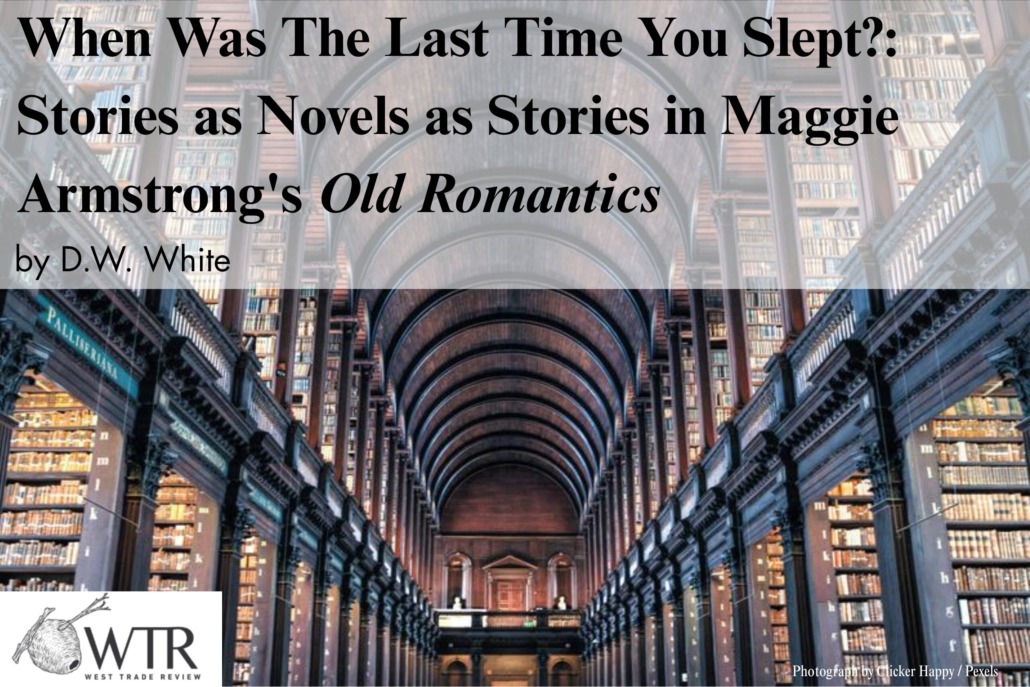
‘DO YOU HAVE A SMALL BOY, THREE, BLOND??? A SMALL BOY, THREE, BLOND???’
Loud like torchlight or a speeding car. I sat up.
He was on his hunkers, talking in a phone.
‘SHE’S HERE, I’VE FOUND HER.’
Pink man, yellow thinning hair. Short, doughy build. He had a job at hand. He didn’t have a whistle round his neck but it seemed that in some other situation he would have had a whistle, and a first-aid pack, and ID.
‘HE’S WITH US, HE’S OVER BY THE WATER!’
The beach had emptied. I reached around for things, then threw myself to standing. My legs were stilts. My legs weren’t working properly. Half-words fell out—not what I’d have said if I’d had time to collect all my thoughts. But I understood the urgency, and I would not begrudge these people their distress. One foot found the sand, and then another, and I ran, with difficulty, on stilts.
My little boy was standing, seeming very little and confused, at the shore, beside a woman in a sarong. She was talking in a high-pitched voice about the water, eyes wide in mine, with her hair neatly brushed and her hand on the shoulder of my little boy. I pulled him in and picked him up.
*
The policeman wasn’t particularly enjoying any of this either, I was to understand.
‘And do ye mind me asking, are ye alone together on your holidays?’
‘Oh yes. But lots of help around. Lots of family.’
‘Oh yes surely, good to hear, it takes a village doesn’t it.’ He made some scribbles in his notepad.
‘A village.’
‘Well to rear a child, doesn’t it.’
‘Oh, sorry, yes. You’re telling me!’
‘And how did ye get down here, was it in the car today?’
‘We parked illegally, Garda.’
‘Well I think now you wouldn’t be the first, heh heh.’
‘No, heh.’
‘The car park is choc-a-bloc, alright.’ He seemed to look inside me, with a tilt, and the most inveigling compassion.
‘Are you alright?’ He looked in my pupils and gave a quick high-pitched laugh.
‘Garda,’ I said. ‘What do you want?’
‘Right. Well, this afternoon I received a phone call. What happened was you, ehm, your child, came to the attention of a gentleman on the beach here, and a lady, two nice people. They said to me that you were there with a book, that you had your face inside the book. Physically, inside the book. Not just looking at the book, but unconscious, underneath the book.’
‘I was reading, Garda.’
‘OK, listen, when you got up off the ground, you seemed disoriented. They said you weren’t making any sense, they said—look. OK—I’ll tell you. They said you looked a bit dishevelled.’
‘Dishevelled.’ We both looked down at my appearance, which was of course dishevelled, a worry almost. All our stuff. Scattered everywhere. I shut my knees together and hugged them to my chest.
‘But look sure, you seem very well. And he’s a great lad.’
‘I am very well. I’m—I’ve just been burying my kid in sand here.’
I reached out for my beach bag, and opened it, and found my sunglasses. Tears burst out behind the frames while he told me about his kids.
‘They are a handful, boys. I’ve two myself at home, I have your sympathy, I’m sure.’
‘They’d send you to an early grave,’ I wept, laughing. Tears burst from my face. He wasn’t to know.
‘Oh, you’re preaching to the converted you are.’ He shut his notepad.
Before he left, I asked him where the two nice people were. I would like to thank them one more time for coming to our rescue. He pointed at the cliffs, where the rocks were clustered in a jagged ring, where the man and woman had been watching. I shook out our towels.

On the way home, we stopped and bought the last remaining can of 7up and two Cornettos from the petrol station. The moment we arrived back in the Airbnb, it filled with sand. I stood at the shower, rinsing down the boy, who twirled and laughed under the warm spray. I scrubbed him clean, washed the sand into the plughole, dried him off, then unwrapped his ice cream while he hopped from foot to foot with his arms outstretched.
That night he watched YouTube Kids while I finished all the bottle in the fridge. Then I uncorked something special, organic and spumante I’d saved specially for the holiday. The evening darkened, the boy fell asleep. I picked up the phone.
‘No, this time I’m going to ask you some questions!’ I was on the grainy bedspread, in déshabillé, dishevelled if you like, white flesh exposed to nobody, hair tangled in saltwater, a cone of melted ice cream tipped over on the bedside table. ‘I’m going to want phone numbers,’ I said. ‘Names and phone numbers!’ The boy slept on like a little angel. I drank the wine down to its last few vinegary droplets and flopped back, laughing, and waves crashed on my skull.
In good publicity news:
- UNMET by stephanie roberts was reviewed in the Adroit Journal: “One emerges from the agile linguistic theatrics of this book [UNMET] feeling requited, met, seen, and inspired—a sensation that moves from writer to reader.”
- On Oil by Don Gillmor was excerpted in The Walrus.


